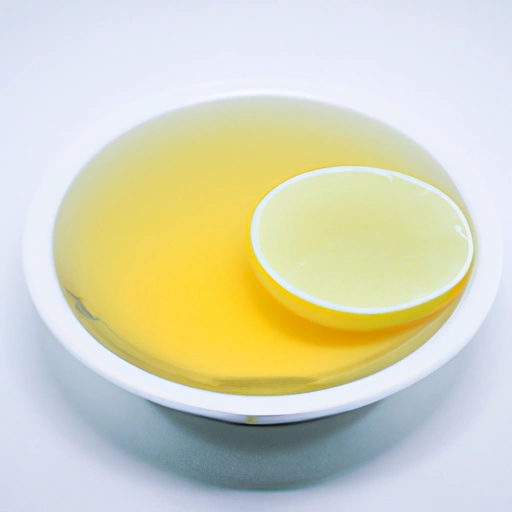Lemon Juice
Description

Lemon juice is a highly versatile and widely used liquid extracted from lemons, known for its sharp, acidic flavor. It is a common ingredient in various recipes and is used in both sweet and savory dishes. Lemon juice is often measured in teaspoons (tsp), tablespoons (tbsp), fluid ounces (fl oz), milliliters (ml), and liters (l), catering to both American and European cooking standards. A typical lemon yields about 2 to 3 tablespoons (30-45 ml) of juice.
Common uses
Lemon juice is commonly used to add a bright, acidic flavor to foods and beverages. It serves as a natural preservative, an emulsifying agent, and a marinating ingredient. It's also frequently used to prevent fruits and vegetables from browning and to add a refreshing zest to drinks.
Nutritional value
Calories
Lemon juice is low in calories, providing just 4 calories per tablespoon (15 ml).
Protein
It contains less than 0.1 grams of protein per tablespoon (15 ml).
Fat
Lemon juice is virtually fat-free, with trace amounts per serving.
Carbohydrates
It contains about 1.2 grams of carbohydrates per tablespoon (15 ml), mostly in the form of simple sugars and dietary fiber.
Vitamins
Lemon juice is an excellent source of vitamin C, with one tablespoon (15 ml) providing about 5.9 mg, or 10% of the daily recommended value.
Minerals
It also contains small amounts of minerals such as potassium, calcium, and magnesium.
Health benefits
Lemon juice is known for its high vitamin C content, which supports immune system health and skin health. It also has antioxidant properties, aids digestion, and may help in kidney stone prevention.
Potential risks
While lemon juice is generally safe for consumption, its high acidity can damage tooth enamel over time if consumed in large quantities. Additionally, some individuals may experience gastrointestinal discomfort or allergic reactions.
Common recipes
Lemon juice is an integral part of recipes such as lemonade, dressings, marinades, sauces, and baked goods like lemon meringue pie.
Cooking methods
It can be used in various cooking methods, including baking, grilling, and sautéing, to impart a tangy flavor to dishes.
Pairing with other ingredients
Lemon juice pairs well with seafood, poultry, and vegetables, and is often used to enhance the flavors of herbs and spices.
Summary
Lemon juice is a dynamic and popular ingredient in culinary traditions around the world. Its bright flavor, health benefits, and versatility make it indispensable in kitchens from Asia to America and Europe. Whether used in small dashes or as a key component of a dish, its impact on food is significant and universally celebrated.